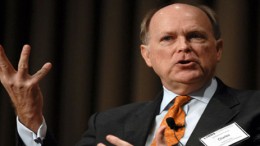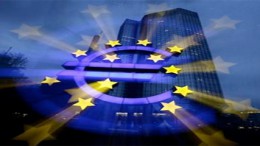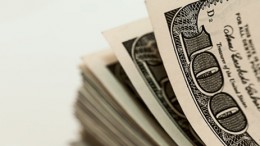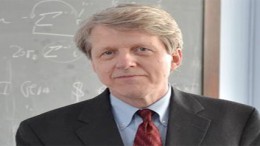Groupthink, Plosser and the Fed – Oblations to Zero Inflation
By Benjamin Cole at Marcus Nunes’ Historinhas | Recently Federal Reserve Bank President Charles Plosser opined that even periods of mild deflation could be welcome in the United States, and that Fed should have but a lone goal, and ideally that is zero inflation.





